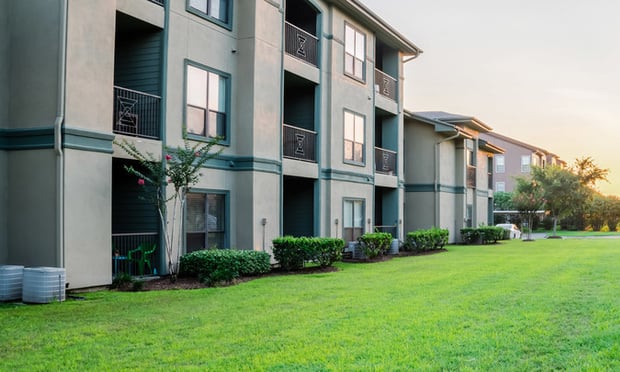DALLAS-Anyone who has studied Texas' commercial real estate market these days understands that it's a region that is attracting high investment dollars and a fair share of development across all asset types. But one area in which the Lone Star State lags behind is in attracting data center developers and owners. The reason? Such centers are too expensive to build and operate in Texas.
Enter Texas House Bill 1223, which provides a state sales tax exemption for property that is "necessary and essential to operate a qualified data center." The bill made it through the Senate and House and is currently awaiting Governor Rick Perry's signature. Notes Brant Bernet, CBRE senior vice president and head of the company's critical environment practice: "It swept through Congress quickly. We believe it will be signed and won't create any sorts of issues."
To understand why an aggressive tax abatement bill is necessary for enterprise data centers involves an understanding of what it takes to build and operate these specialized buildings in the first place. Bernet and David Liggitt, CBRE's vice president and member of the company's data center solutions group, tell GlobeSt.com that data centers store critical data information for corporate America – a variety of industries in corporate America.
As such, these buildings require high security, effective fire suppression systems – and a lot of power. "Typically you'll see these centers with 36-inch raised floors," Bernet observes. "They also require a lot of cooling to keep the servers from overheating."
The duo says construction of data centers can cost up to 10 times more than the construction of a more conventional industrial or office building. That cost doesn't only include the building shell, but also the equipment for the center, as well as necessary reinforcement to withstand high winds up to 180 mph. Also included in that total are on-site generators and multiple power feeds. And that's just to get the building developed. It doesn't take into account the enormous outlay of power required to keep it running.
"When a client comes to us and doesn't have a designated location for a data center, we examine the overall cost of occupancy in various areas," Bernet comments. That cost includes the construction, the power and operating expenses. "To date, one very large piece of that total cost of occupancy model has been left out in what you can access in Texas," he says. "The new bill, which gives tax incentives, can help lower that total cost model."
"States like Washington, Nebraska and Iowa have worked to adjust their tax abatements to attract data centers," Liggitt adds. "Texas is far behind in that area."
Given that data centers are such a small part of the overall commercial real estate market, do the incentives – or lack thereof – really matter? Especially as Texas is going on all cylinders from an economic and commercial real estate standpoint?
You bet it matters. Liggitt and Bernet say Texas has lost several potential deals because of a lack of data center incentive. Though they declined to say, specifically, what company went elsewhere, "the large enterprise deals, the Googles and the Facebooks of the world, take a look at Texas. But then when they see the enormous savings offered by other states, they turn away," Bernet says.
Liggitt points out the other side the equation, when North Carolina made tax abatement incentives available for enterprise users. "All of the sudden you had Disney, AT&T and Facebook coming to town," Liggitt says.
Want to continue reading?
Become a Free ALM Digital Reader.
Once you are an ALM Digital Member, you’ll receive:
- Breaking commercial real estate news and analysis, on-site and via our newsletters and custom alerts
- Educational webcasts, white papers, and ebooks from industry thought leaders
- Critical coverage of the property casualty insurance and financial advisory markets on our other ALM sites, PropertyCasualty360 and ThinkAdvisor
Already have an account? Sign In Now
*May exclude premium content© 2024 ALM Global, LLC, All Rights Reserved. Request academic re-use from www.copyright.com. All other uses, submit a request to [email protected]. For more information visit Asset & Logo Licensing.








